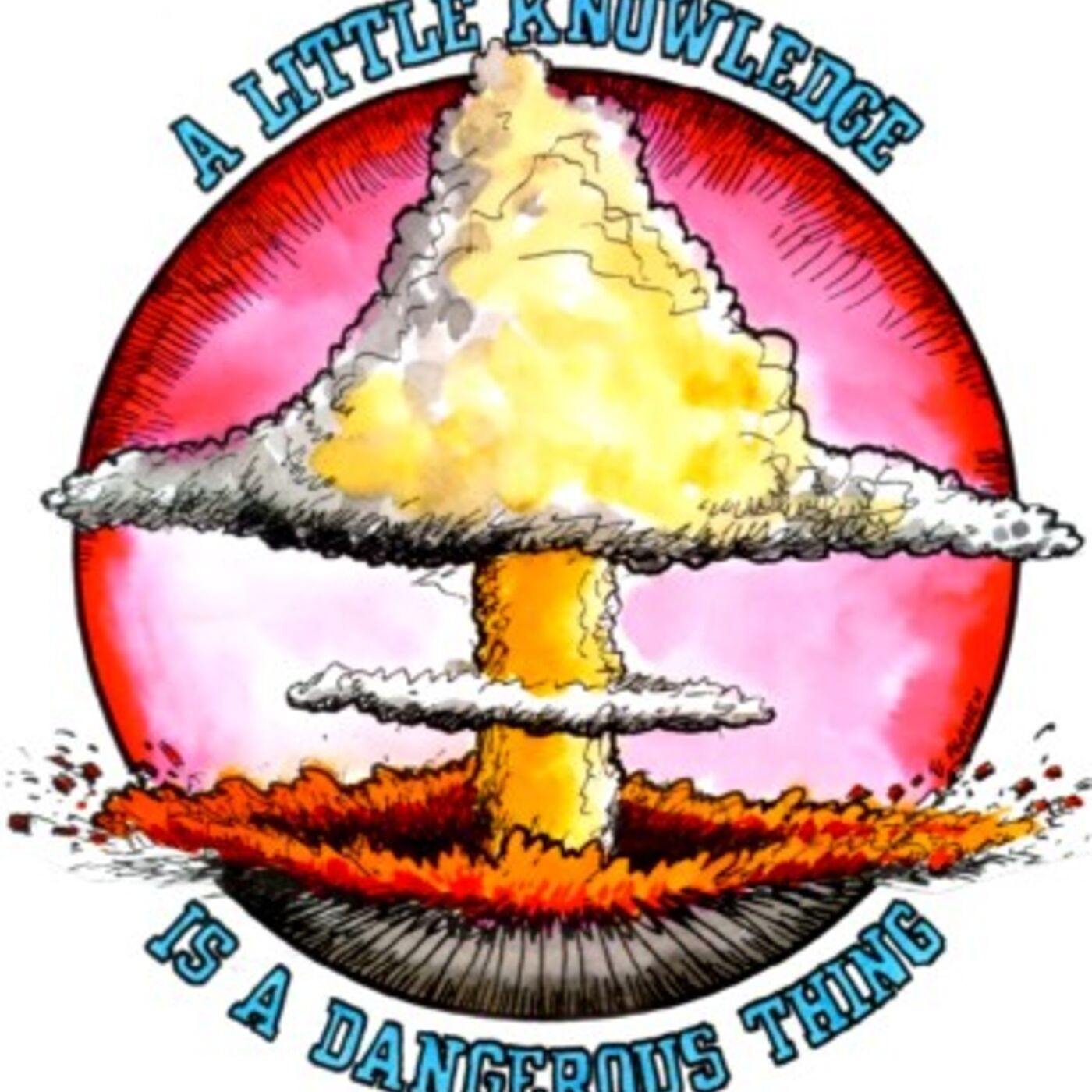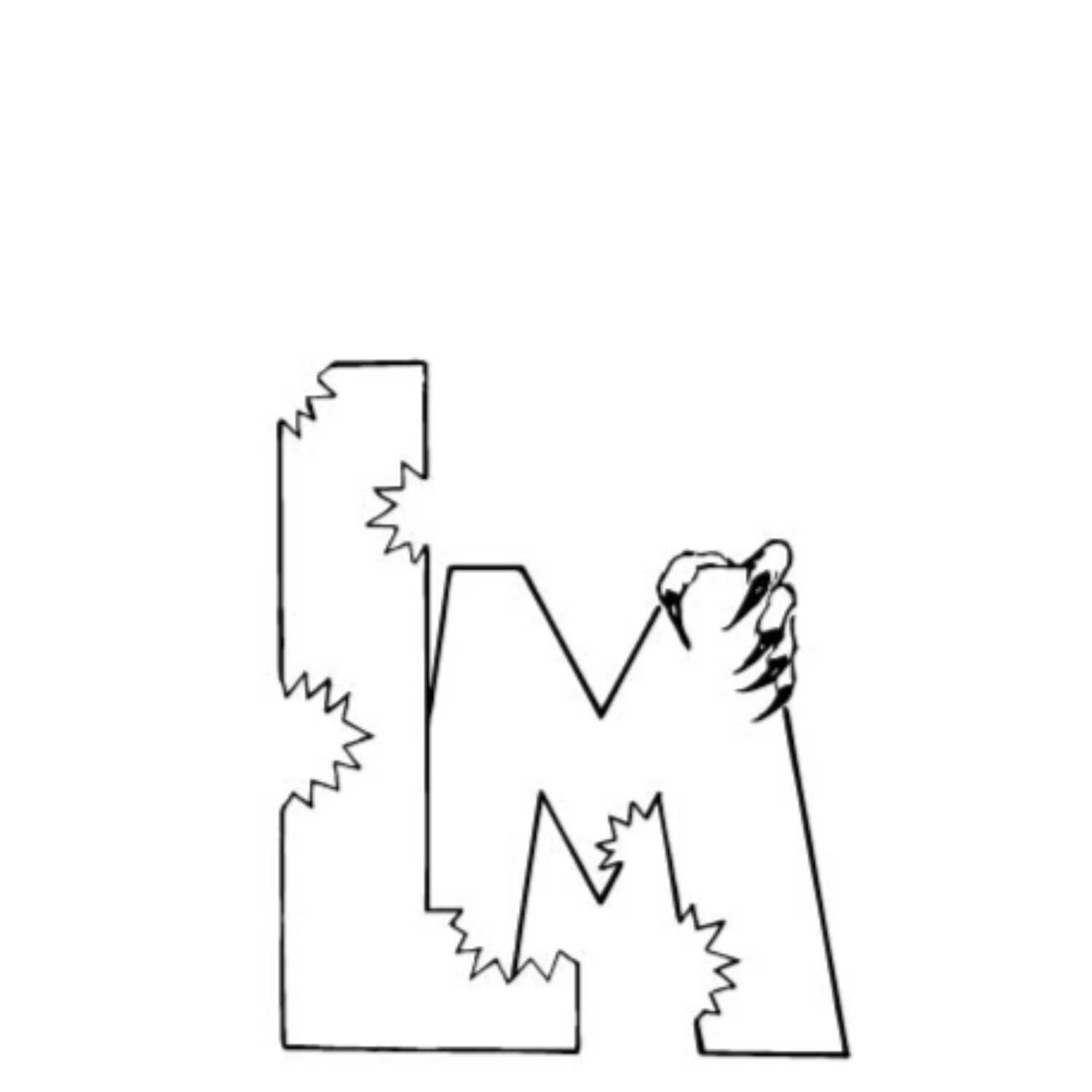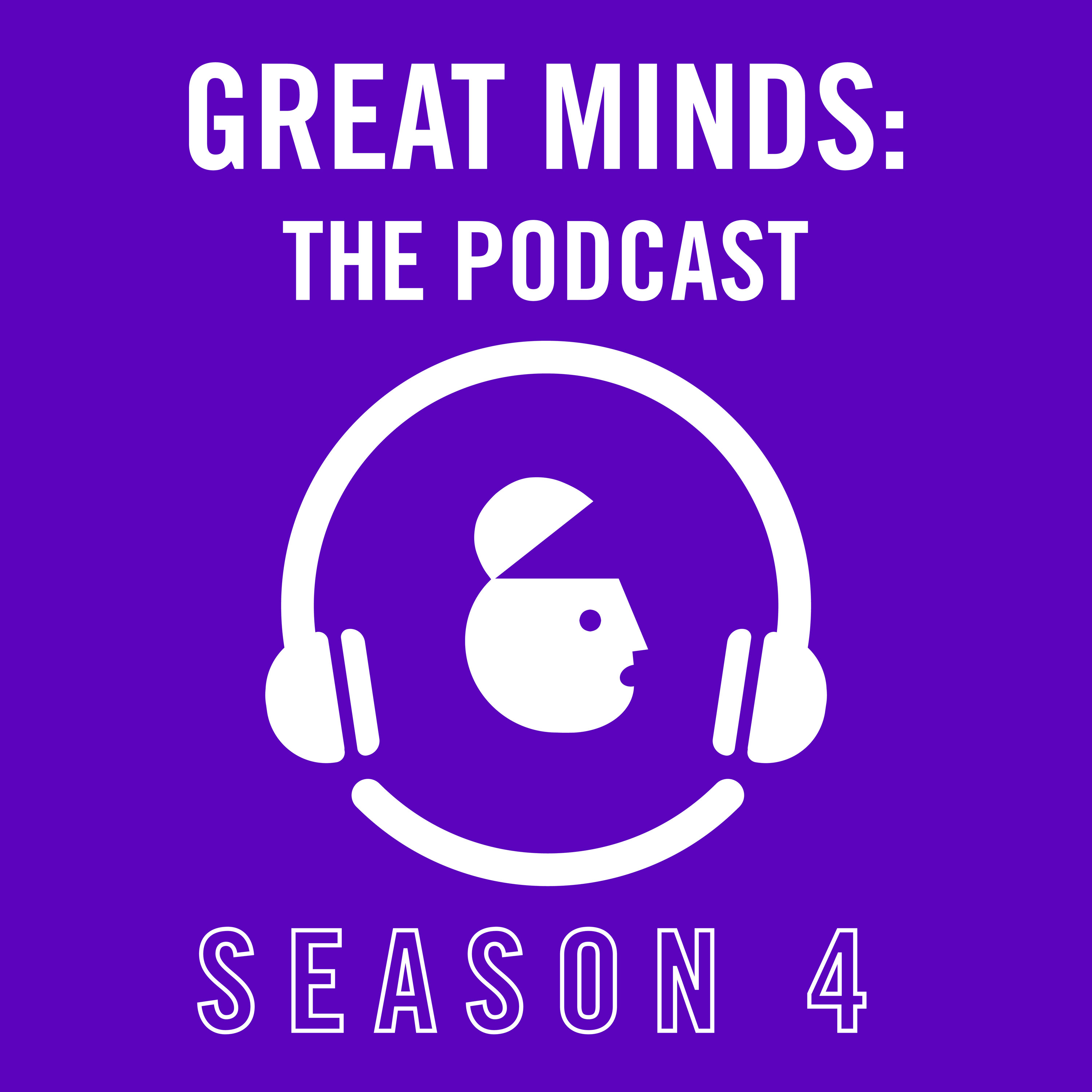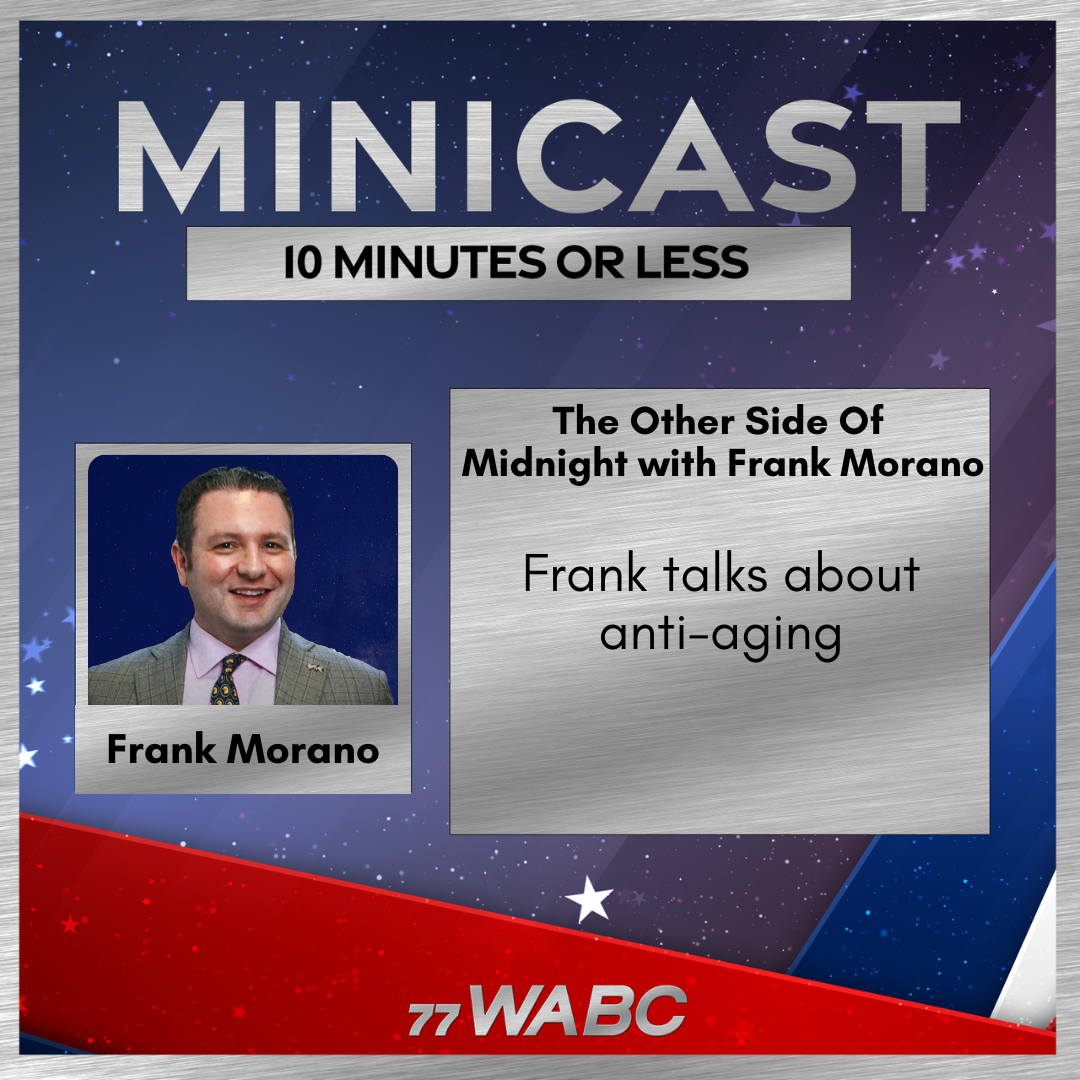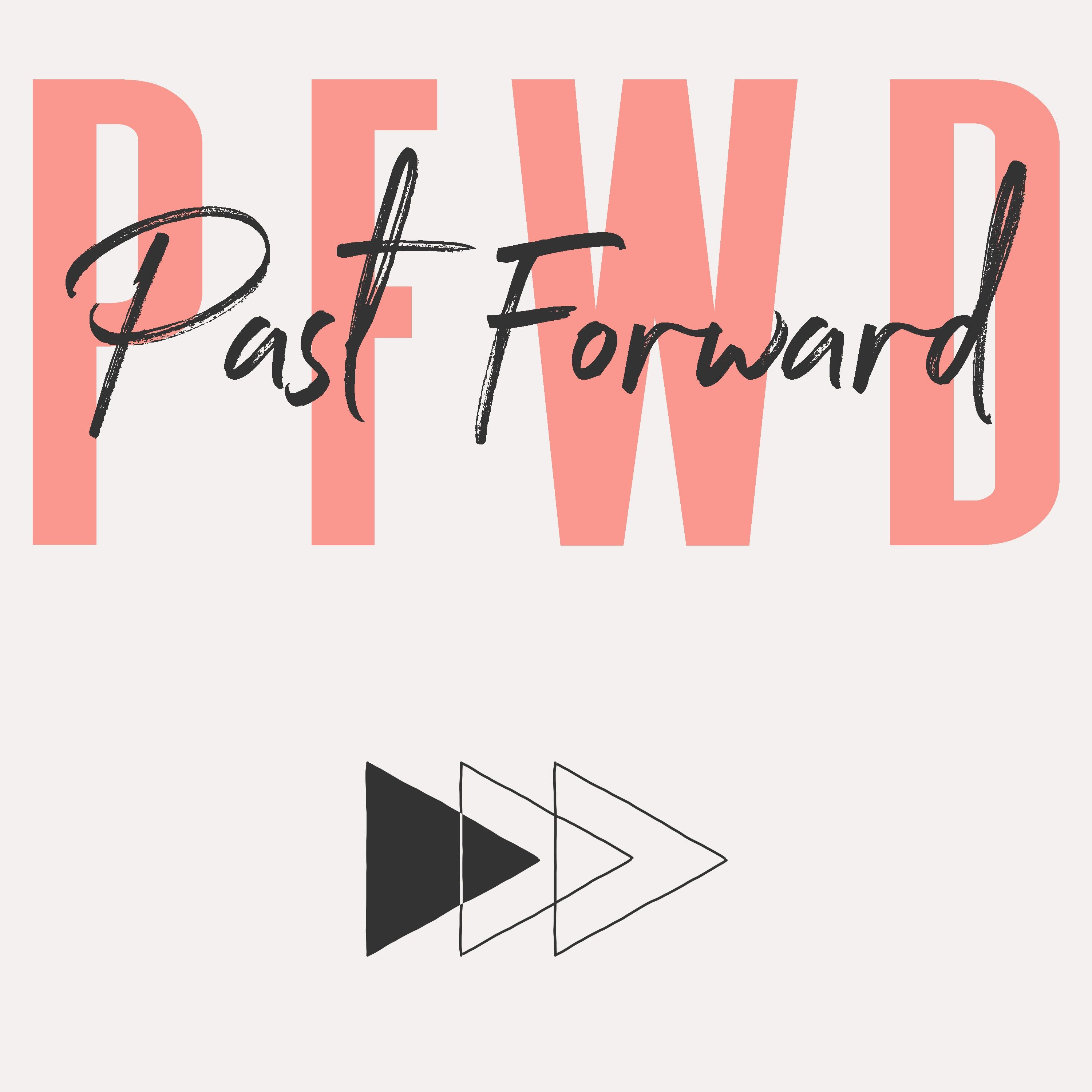Frank Abe
Frank Abe is co-author of the new graphic novel on Japanese American resistance to wartime incarceration, We Hereby Refuse (Chin Music Press: A Wing Luke Museum Book). He won an American Book Award for John Okada: The Life & Rediscovered Work of the Author of No-No Boy (University of Washington Press), and made the award-winning PBS documentary, Conscience and the Constitution, on the largest organized camp resistance. He is currently co-editing an anthology for Penguin Classics on The Literature of Japanese American Incarceration.Abe contributed the afterword to Nisei Naysayer: The Memoir of Militant Japanese American Journalist Jimmie Omura (Stanford University Press), contributed a chapter to Frontiers of Asian American Studies (Washington State University Press), and has written for Ishmael Reed’s Konch, The Bloomsbury Review, Case Western Reserve Law Review, Amerasia Journal, International Examiner, Nichi Bei Weekly, Rafu Shimpo, and Pacific Citizen, among others.Medium History explores memories and moments through creativity and expression, capturing the cultural ethos of that time and place through storytelling and representation. Visual material culture, such as art, and other multimodal forms can elicit responses, emotions, and opinions—human expressions, tied to temporal and cultural aesthetics. This program explores how creative mediums provide context for history beyond dates, and names, and figures.Partnering with Wilkinson College of Arts, Humanities, and Social Sciences at Chapman University, this series will explore how comics, comic books, and graphic novels from and about the Japanese American Incarceration following Executive Order 9066, humanize the tragic experience, allowing the stories to live long past the lives of those who experienced it, and ensuring this never happens again. Supported by the California Civil Liberties Public Education Program, a state-funded grant project of the California State Library, this series is designed to be a companion to the interactive web project, Images and Imaginings of Internment: Comics and Illustrations of Camp.Guest: Frank Abe<br />Hosts: Jon-Barrett Ingels<br />Produced by: Past Forward

